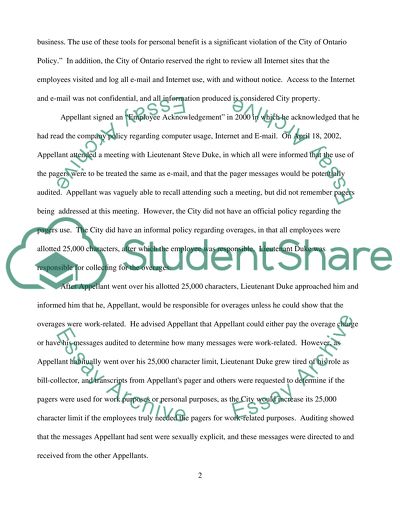Cite this document
(Legal Protection of Text-messaging Privacy Case Study, n.d.)
Legal Protection of Text-messaging Privacy Case Study. Retrieved from https://studentshare.org/law/1566487-opinion-for-a-case
Legal Protection of Text-messaging Privacy Case Study. Retrieved from https://studentshare.org/law/1566487-opinion-for-a-case
(Legal Protection of Text-Messaging Privacy Case Study)
Legal Protection of Text-Messaging Privacy Case Study. https://studentshare.org/law/1566487-opinion-for-a-case.
Legal Protection of Text-Messaging Privacy Case Study. https://studentshare.org/law/1566487-opinion-for-a-case.
“Legal Protection of Text-Messaging Privacy Case Study”. https://studentshare.org/law/1566487-opinion-for-a-case.


